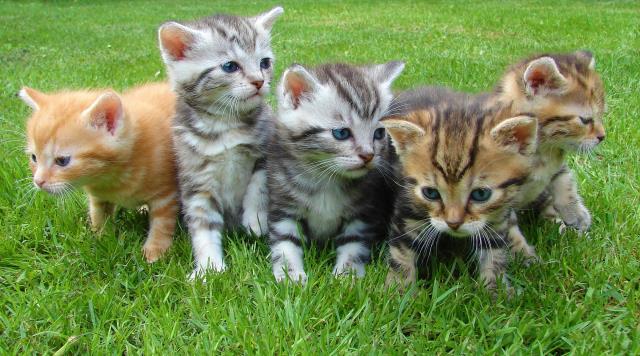By Violet Li
The Lost Dogs Home Cranbourne is pleading for “consistent and ongoing” funding for cat desexing programs as the shelter has seen its cat intake for Casey increase by 88 per cent in the last two years.
The Cranbourne facility took in 739 cats from 2020 to 2021, 1093 from 2021 to 2022, and 1393 from 2022 to 2023 in the City of Casey area.
Spokesperson Suzana Talevski said there had been a steady increase and it was a quite staggering number.
“There are just not enough animals that are being desexed,” she said.
“As much as we’ve tried over the years to educate and inform the community about the importance of desexing your pets, it has worked to a degree, but not enough to stop those numbers getting higher and higher.
“What we need to do is to work together with the community, the local government, and the State Government to make sure we’ve got programs that provide low-cost desexing alternatives because we know that the cost of living does bite, and there are a lot of families doing it tough.”
Casey Council currently has 8439 registered cats, and the majority are desexed except those with exemptions.
The State Government has recently committed $300,000 to run a trial program to increase cat desexing rates, address cat overpopulation, and support vulnerable cat owners.
Councils can now apply for grants of up to $25,000 to deliver targeted cat desexing programs within their community.
The council-run programs will focus on people who care for semi-owned and unowned cats and help them take full ownership of these cats. The program will also provide free and low-cost desexing services to cats owned by Victorians who may be experiencing financial hardship in the program’s target areas.
Executive director of animal welfare Victoria Dr Trevor Pisciotta said desexing cats helped reduce the burden of over-population on Victoria’s domestic animal services.
“Although 95 per cent of registered cats are desexed by the age of two, cats can have multiple litters in this time. This can sadly result in thousands of cats entering the Victorian pound and shelter system each year,” he said.
Ms Talevski said the recent program was a great start, which the shelter welcomed.
“But when you think about the fact that it will be divided between councils in Victoria, then that means it’s probably not going to have the impact that we need to really make a substantial difference in reducing the number of cats that are out there,” she said.
She pointed out the cat population issue was likely the number one issue facing the shelter.
“And it doesn’t seem to be getting any better,” she said.
“We really need support from the State Government to provide adequate funding for those initiatives.”
City of Casey’s manager connected communities Callum Pattie said Casey had a 24-hour cat curfew in place since 1999 to address cat issues in the community.
“Uncontrolled cats can have a significant impact on local wildlife and by containing cats to their owner’s property, it not only reduces the impact on the wildlife but helps keep the cat itself safe from other stray animals, disease, and harm from vehicles,” he said.
“It is important that pet owners practice responsible pet ownership by ensuring their cat is contained to their property, microchipped, registered with council, and wearing a registration tag at all times.
“Should a cat be found wandering outside their owner’s property and if registered with the council, the cat is returned home, and the owner is given a warning on the first occurrence. If the wandering cat is found and is unregistered, they are taken to the pound and the owner will be issued with an infringement penalty.”







